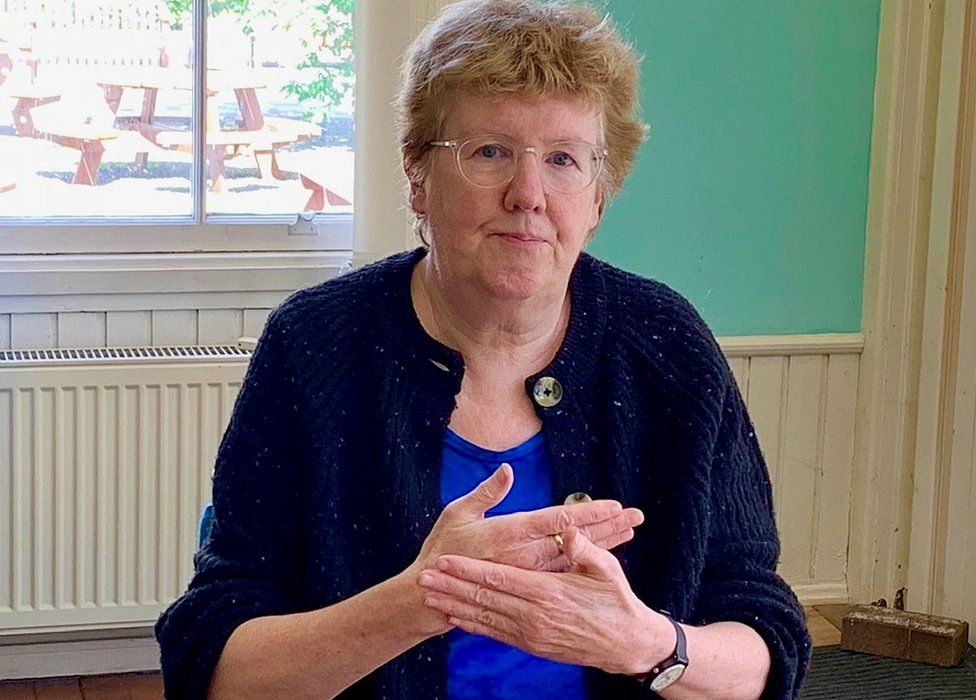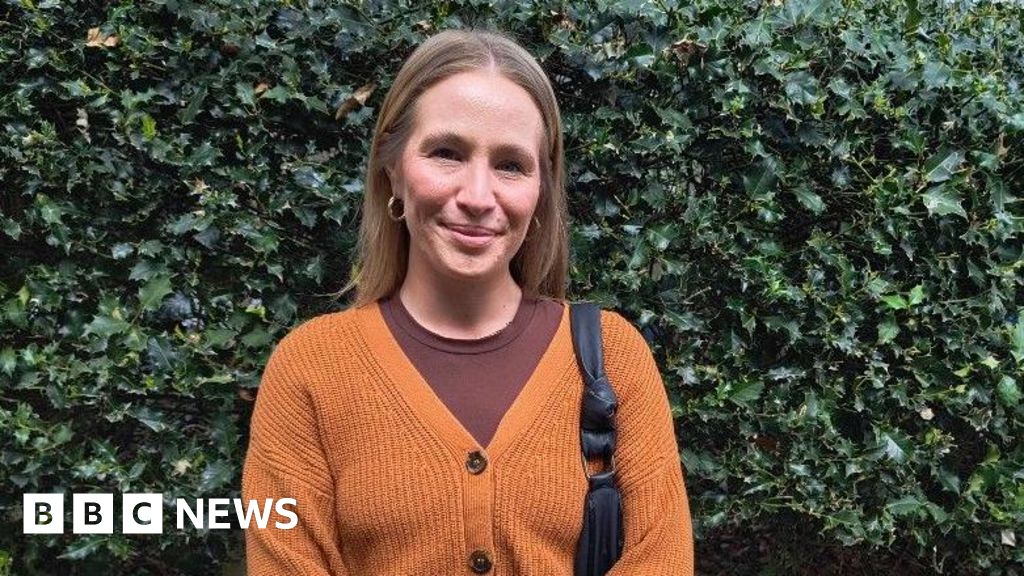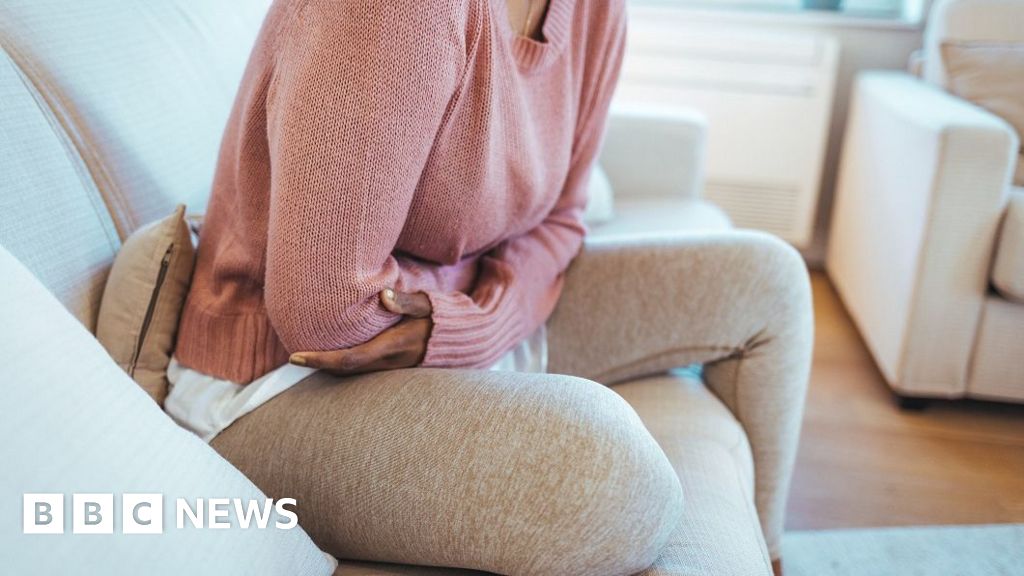ARTICLE AD BOX
By Angie Brown
BBC Scotland News
 Image source, Rachel O'Neill
Image source, Rachel O'Neill
Rachel O'Neill, Scotland's trainer of teachers of the deaf, said "significant failures" at NHS Lothian's hearing service for children had caused an emergency situation
Failures at NHS Lothian's hearing service for children has caused an emergency situation in the area, an expert has said.
Rachel O'Neill, who trains the teachers of the deaf in Scotland, said parents needed "a great deal more support".
And she says schools and nurseries should be on alert to spot children whose issues have not been diagnosed.
The health board has apologised to the families of 155 children after a review of its paediatric audiology service.
The independent investigation by the British Academy of Audiology (BAA) found "significant failures" in diagnosing and treating hearing loss over nine years at NHS Lothian.
Its report said there was "no evidence" national guidelines and protocols on hearing tests for children had been followed or consistently applied "at any point since 2009".
It said NHS Lothian staff were deviating from professional standards and that several profoundly deaf children were diagnosed too late for vital implant surgery.
Ms O'Neill, of Edinburgh University, has also worked in the English system during a career which spans more than 40 years.
She said there was now "an emergency situation" in the Lothians.
"I have never in my professional career seen a situation as serious as this in deaf children's lives in one area," she told BBC Scotland.
"Parents need a great deal more support because they have missed out on years of regular talks to teachers of deaf children, speech therapists and finding out about deaf clubs and voluntary groups that can support them."
Image source, Google
Image caption,The children's audiology department was based at the Lauriston building in Edinburgh at the time of the failures
She was also concerned that there could be another wave of children between the ages of one and five who have not been identified by the Lothian audiology clinic.
"Nurseries and schools need to be on full alert to spot these children now," she said.
"Some may be quiet and appear inattentive. Others will have been labelled as having behaviour problems.
"Schools should refer back to audiology if they have any concerns. This needs a concerted approach."
Ms O'Neill said the audit had only looked at the children who were most likely to have been affected.
However, many children under the age of 10 with permanent deafness would not have been reviewed. She estimated this would involve at least 700 children.
She added: "It seems that the NHS Lothian paediatric audiology department was out of date, not working professionally, insular and even arrogant in the way they carried on their work.
"The team didn't know how to test, how to choose the right test, or how to interpret test results.
"They didn't seem to know how serious their job was - early diagnosis means an early start with spoken English and British Sign Language is possible, much reducing later language difficulties."
Louise Inglis, 27, said her son, Thomas, passed a hearing test at the audiology department in Edinburgh when he was eight months old. He was then diagnosed as being deaf in his left ear at the age of five.
She said: "I remember so vividly the audiologist saying there was 'nothing wrong with that boy, he could hear grass grow' after his test at eight months old.
"It was quite a bold statement to make when he had failed three hearing tests when he was born. But I was so happy to hear this news that I posted it on Facebook.
"The test he passed involved pillars on each side of him lighting up when a sound was played so he was just turning his head because he could see the light.
"But I was just 21 years old and a first-time mum, so I just thought the doctors must know and felt relief that he wouldn't have to wear a hearing aid."
'A serious matter'
The family is not one of the 155 who received a letter of apology from NHS Lothian after the audit.
Mike Henderson, co-founder of deaf support group Flaag and former head of clinical psychology at NHS Borders, said: "Lothian have apologised, but they are not being proactive in helping deal with the urgent needs of these let-down children.
"Any delay in language acquisition is a serious matter. An apology is not a clinical intervention."
Dr Tracey Gillies, NHS Lothian's medical director, said she wanted to repeat the "sincere apology" to the affected families and assure them that lessons have been learned.
"We will review all children where the audit and reviews by BAA have raised concerns and will share any identified assessments that were not carried out to the required standard," she said.
"We are working through these cases in order of priority and will also continue to work with other patients at their regular appointments."
Related Internet Links
The BBC is not responsible for the content of external sites.

 2 years ago
96
2 years ago
96








 English (US) ·
English (US) ·